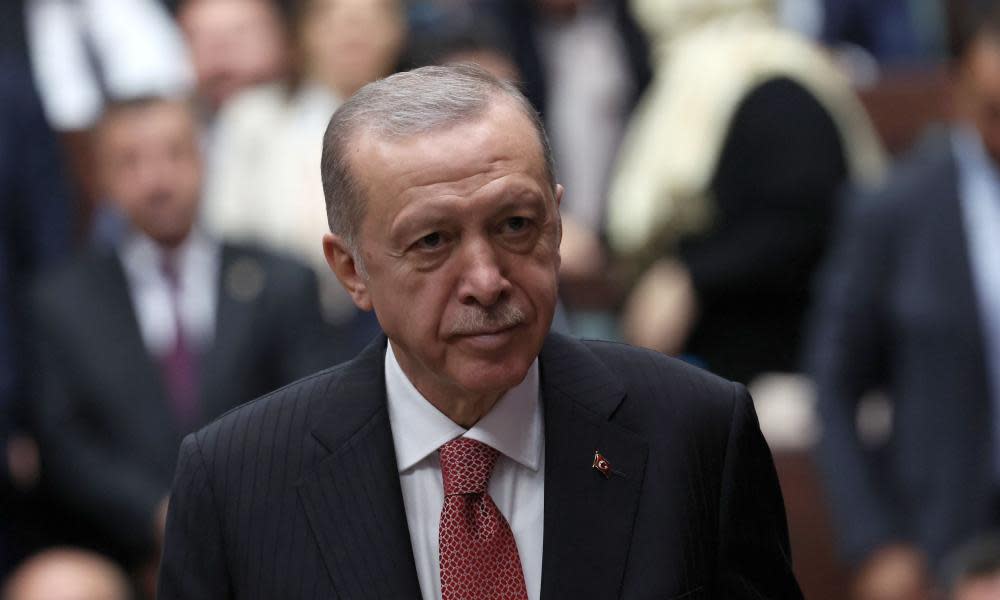Democracy does not always go hand in hand with liberalism – that is the problem

In his review of Shadi Hamid’s book The Problem of Democracy (18 January), Jonathan Freedland asks an important question in relation to western democracies’ foreign policy: “Can a system really be considered democratic if it’s stripped of its liberal accoutrements?” When it comes to their domestic policy, the question should be partially reversed: can a system really maintain its liberal accoutrements if it’s stripped of its democratic reach?
The diffusion of illiberal and populist ideas in western countries is in part a response to a democratic backsliding that Cas Mudde has defined as “undemocratic liberalism”. In the years that followed the fall of the iron curtain, the leaders of our countries oversaw a process of unprecedented institutional restraint involving substantial delegation of power to autonomous agencies, technocrats, or external rules. This phenomenon is particularly evident in Europe, where the decision of technocratic agencies replaced democratic deliberation at the national level in several areas. The retreat of politics from policymaking, in turn, means a gradual reduction of options for the voters that ended up losing their “voice”, and that are now attracted by populist leaders offering (the illusion?) of returning it to them. Brexit is the perfect case in point.
For almost a century, especially in the west, democracy has meant liberal democracy but, as Philippe Schmitter pointed out in the mid-1990s, “liberalism may have coincided with the rise of democracy. But it has never been immutably or unambiguously linked to its practice”. Nowadays, the two conceptions are growing apart. Democratically elected leaders are routinely ignoring constitutional limits on their power. With their own distinct nuances, Vladimir Putin’s Russia, Recep Tayyip Erdoğan’s Turkey or Viktor Orbán’s Hungary can all be classified as illiberal democracies. At the same time, in many well-established liberal democracies on both side of the Atlantic, the number of issues for which the citizens feel their votes matter is shrinking along with the scope of democratic policymaking. Reconciling liberalism with democracy is the challenge ahead.
Piergiuseppe Fortunato
United Nations Conference on Trade and Development

 Yahoo Movies
Yahoo Movies 
